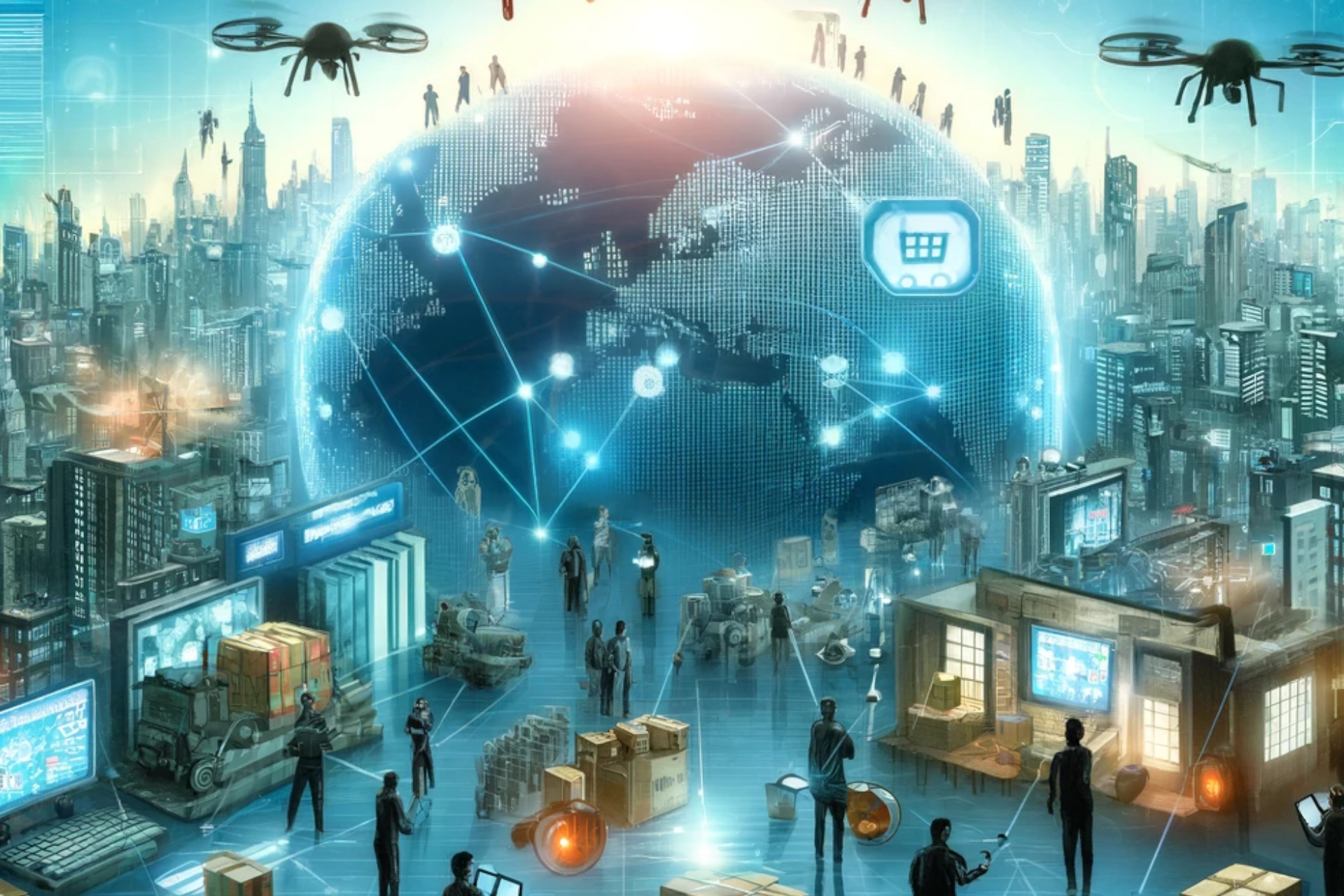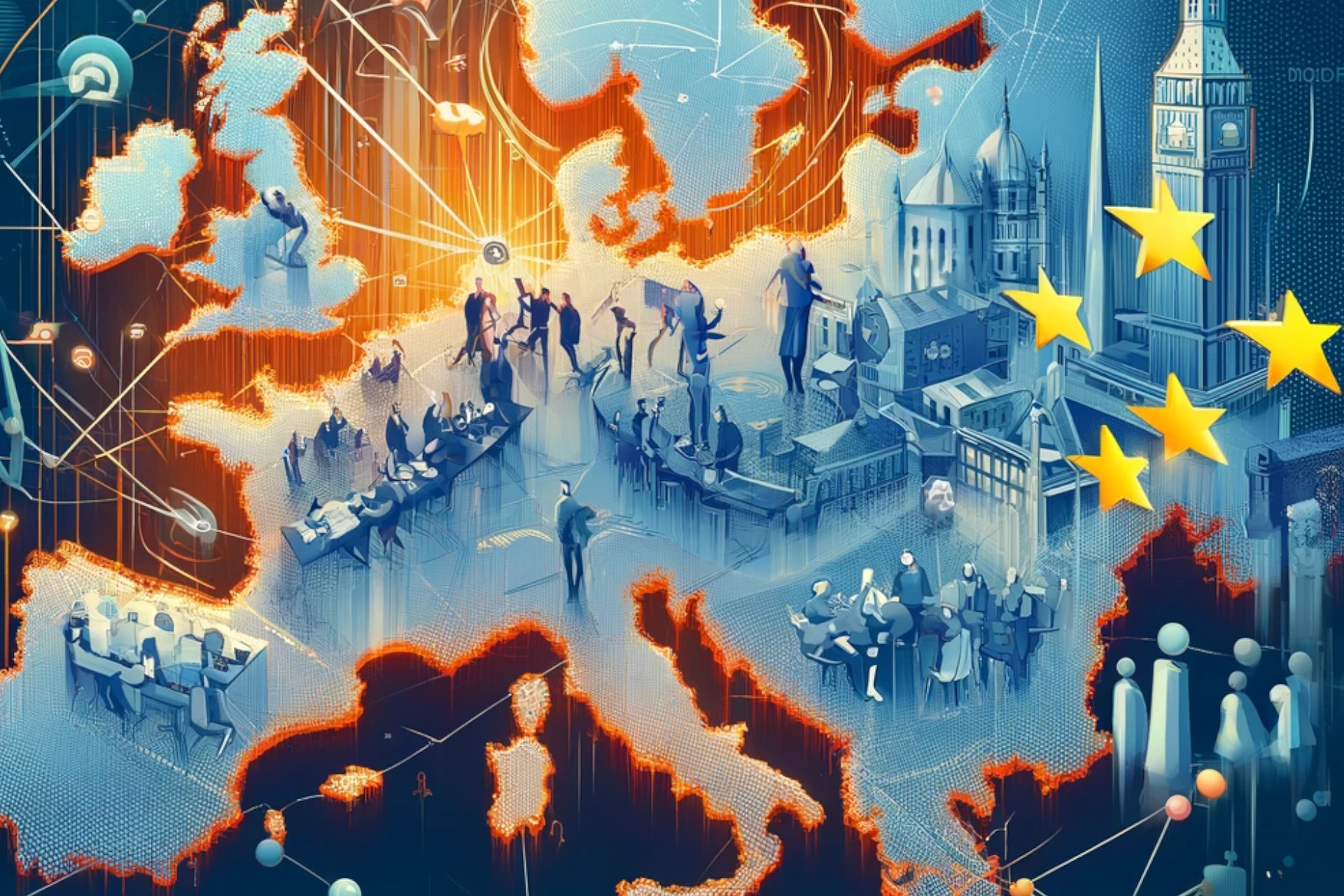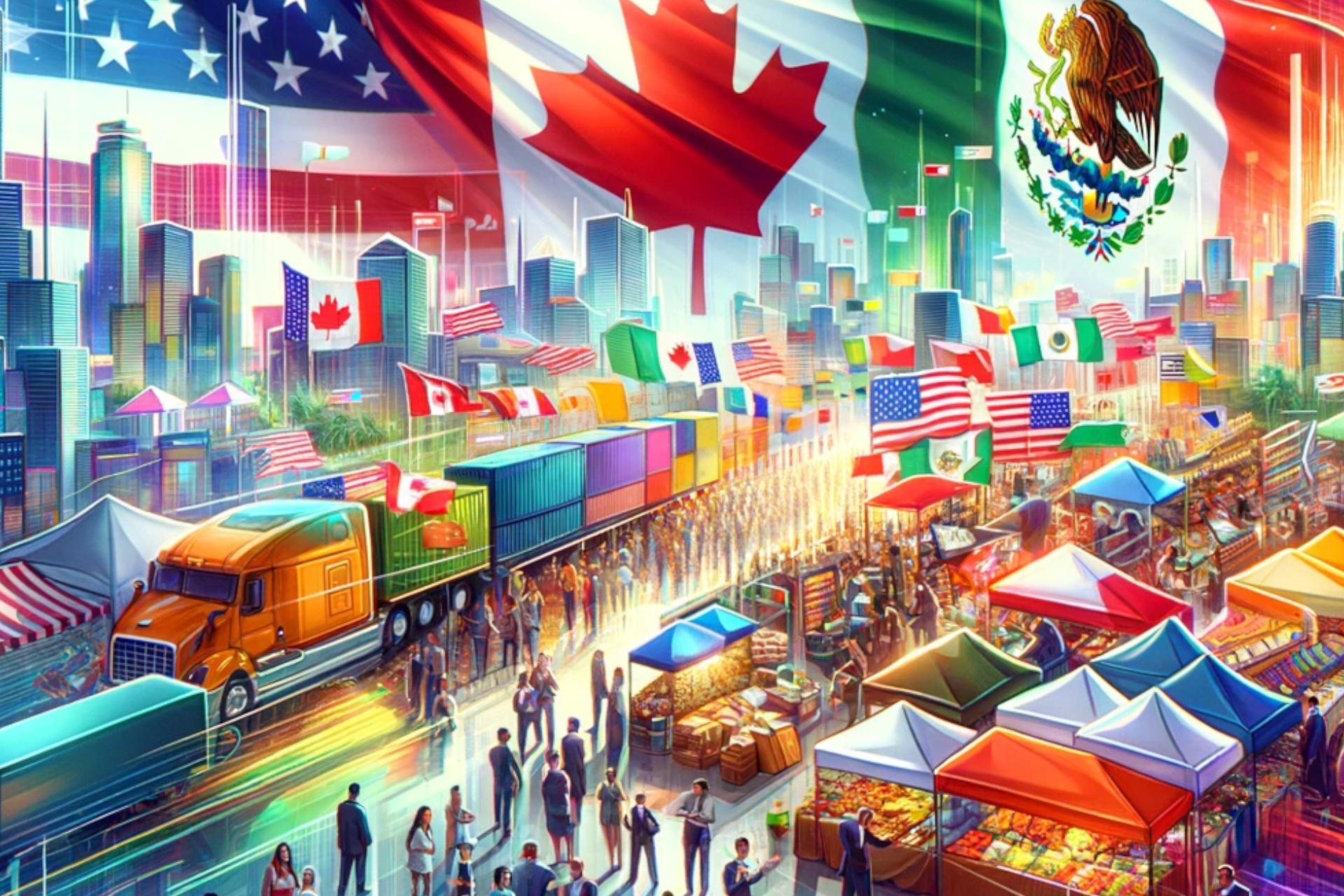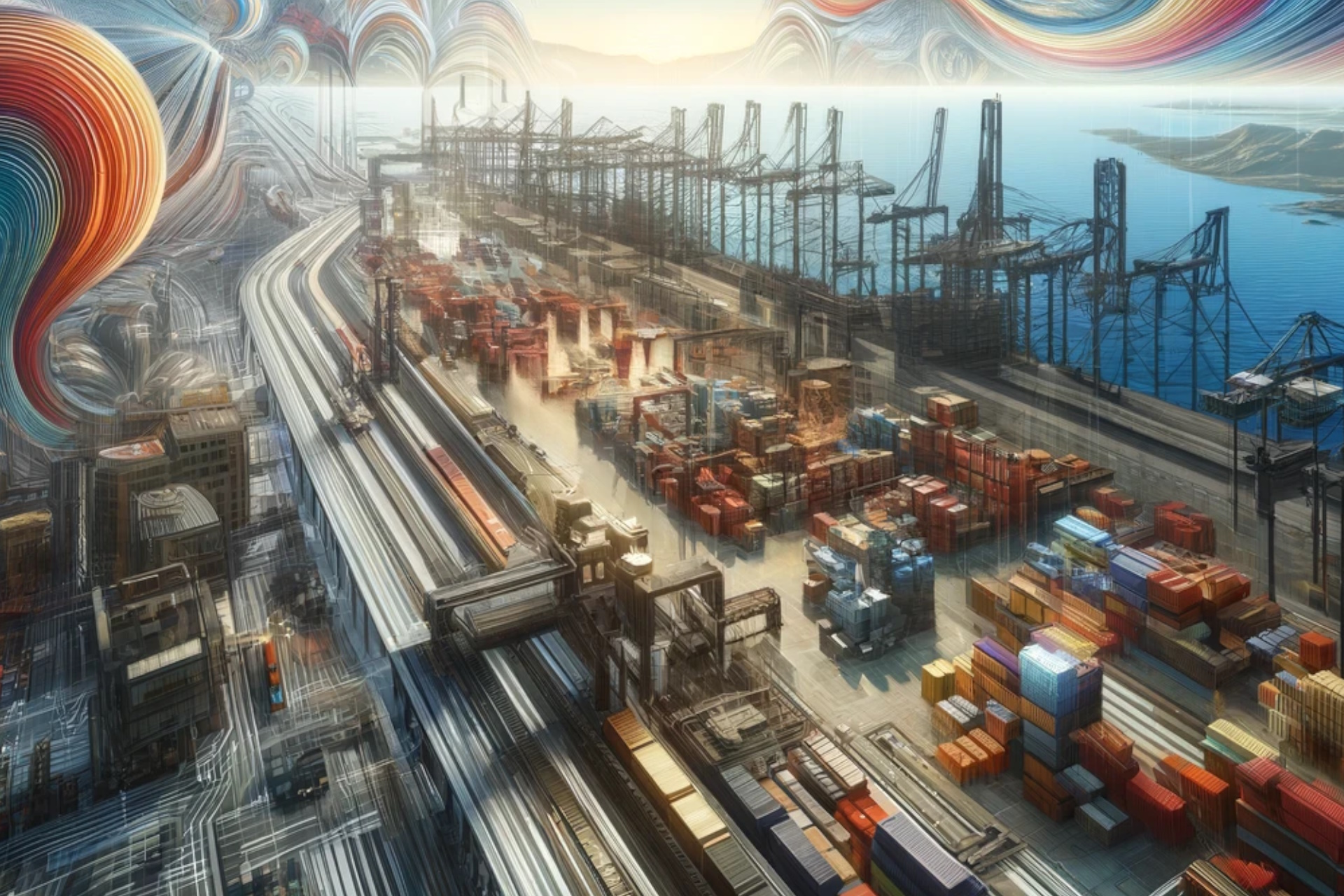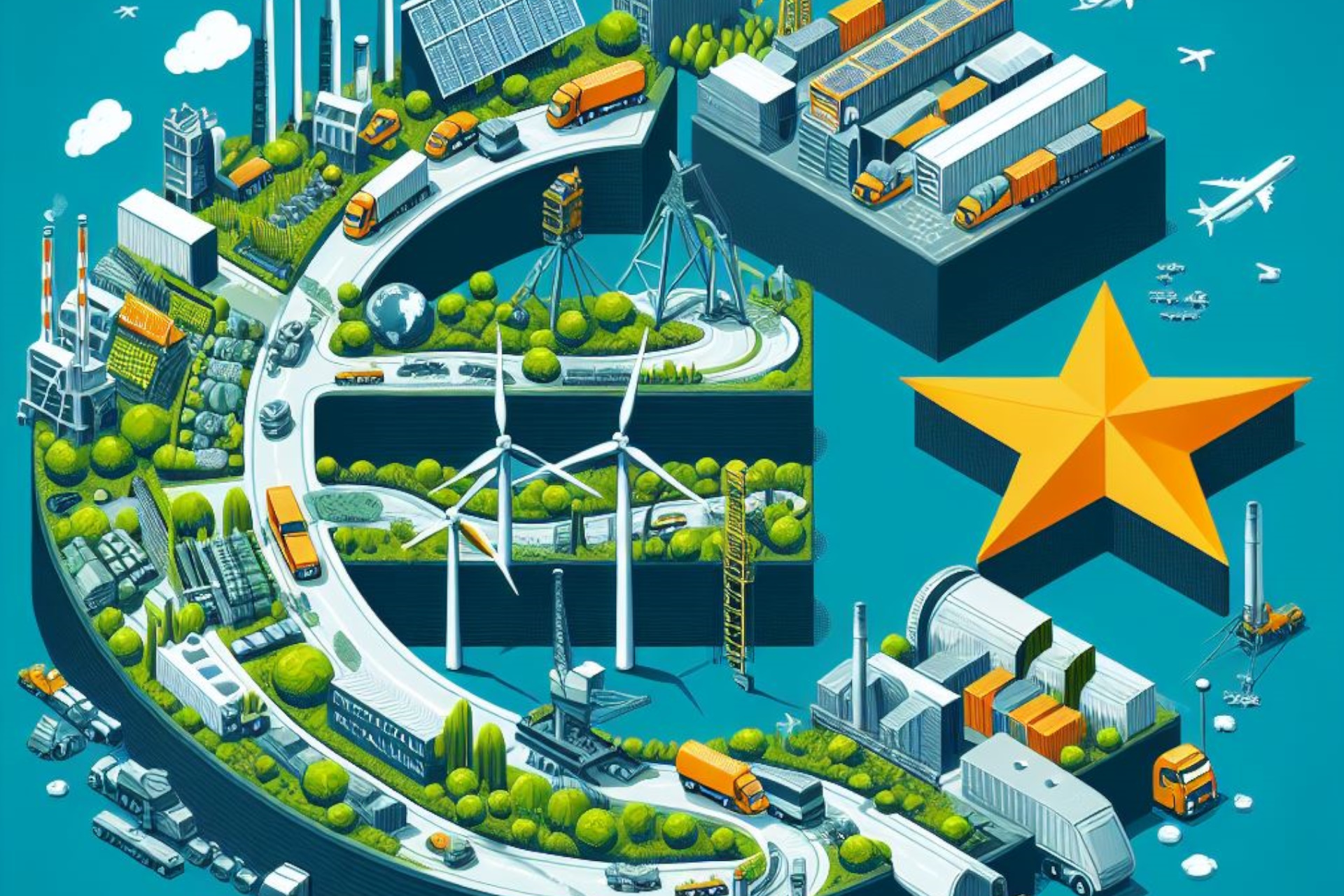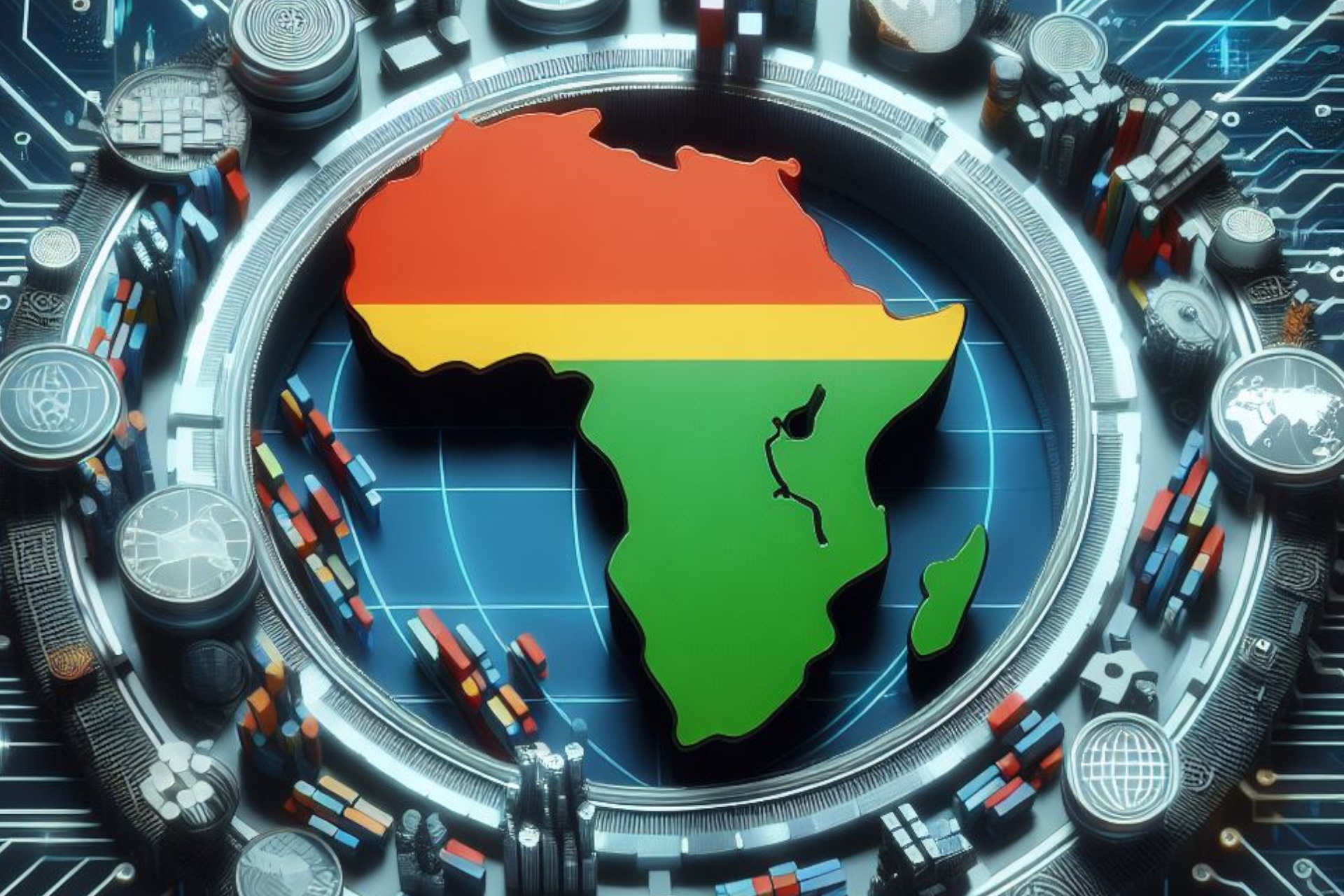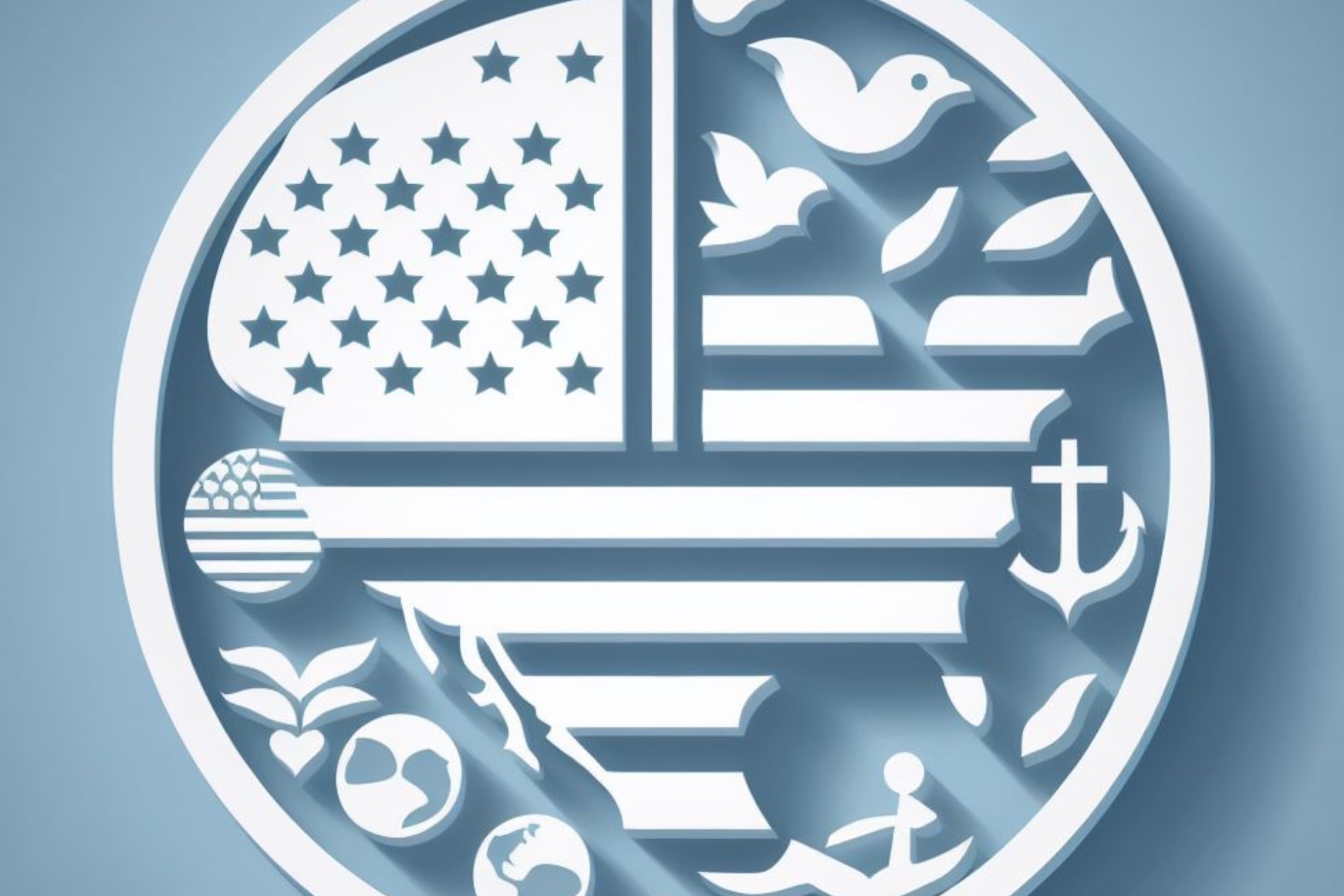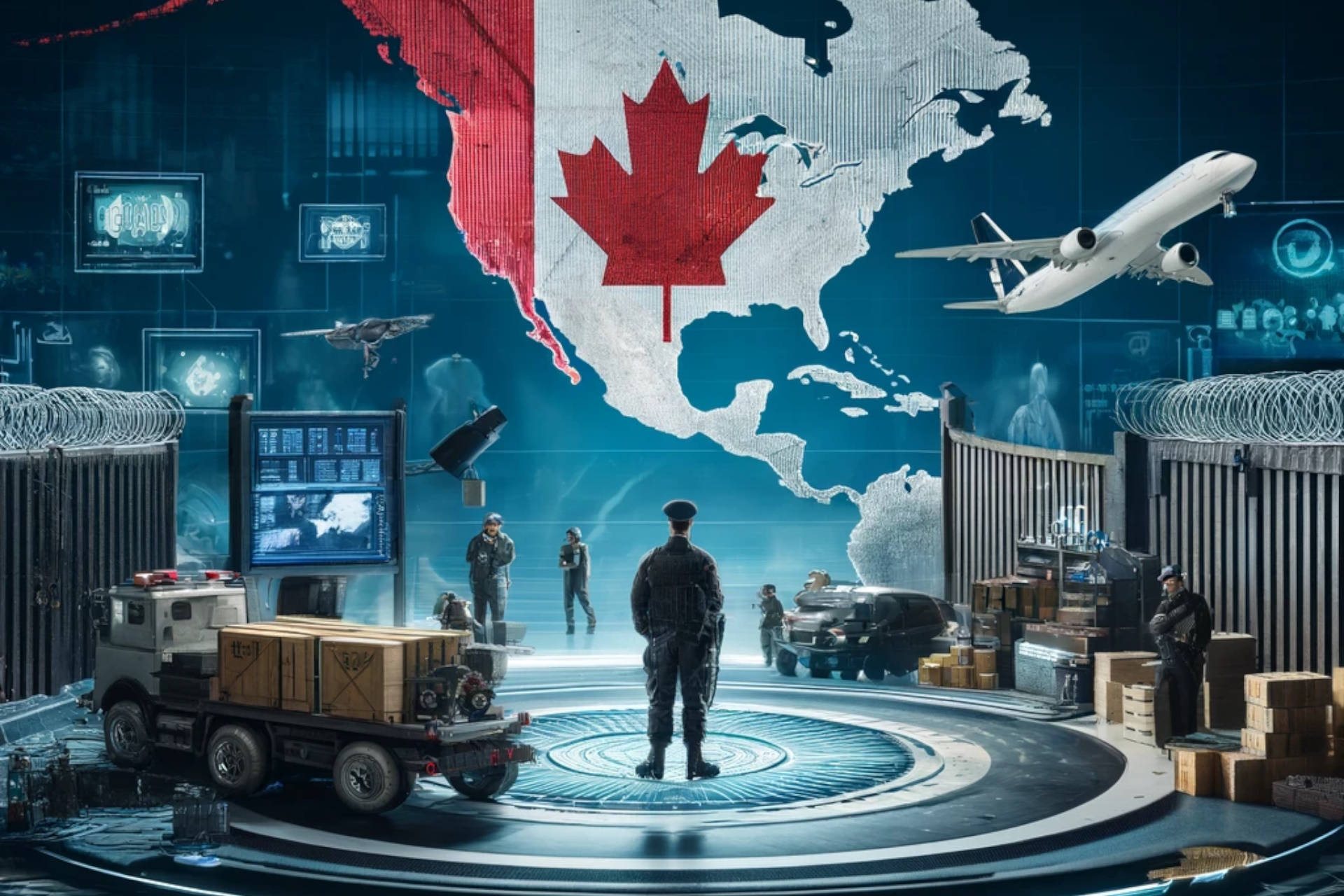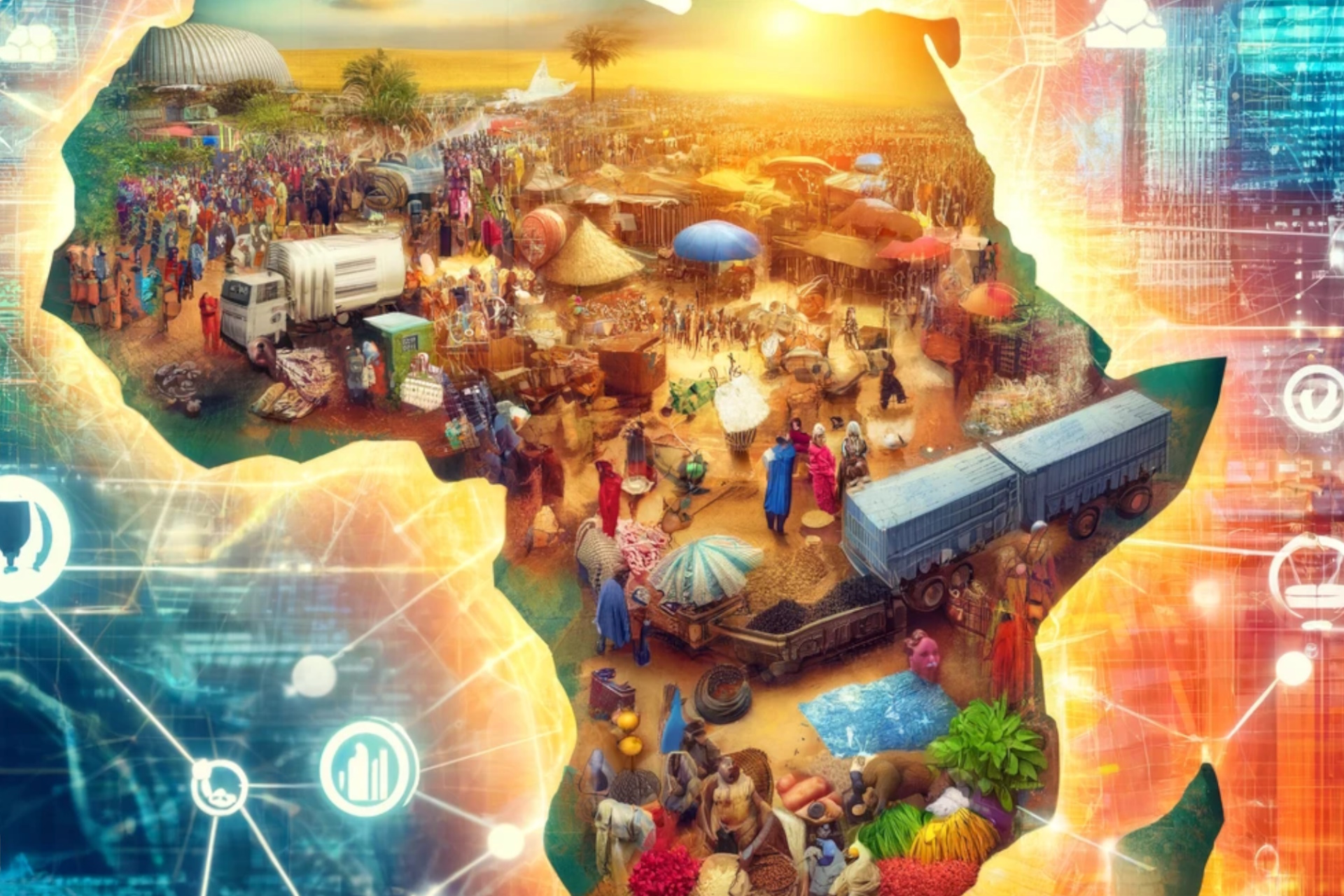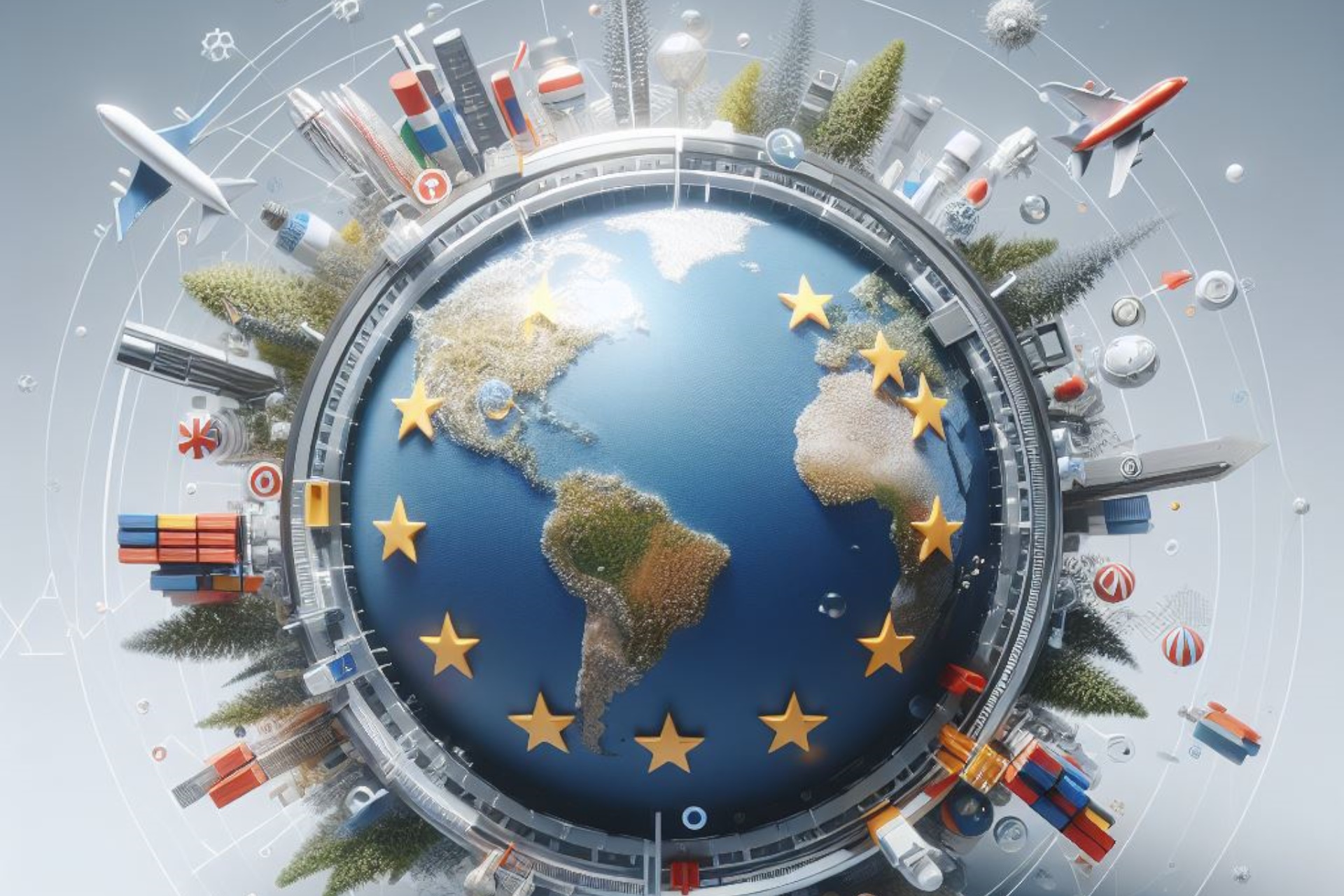Promoting peace through international trade is not merely an idealistic notion but a tangible reality that we can actively pursue. By embracing free trade and engaging in international commerce, nations foster global diplomacy, build trust, and create pathways for peaceful resolution of conflicts. International trade acts as a unifying force, interconnecting economies and promoting shared prosperity. Let us recognize the positive nature of international trade in promoting peace and work collectively towards a more peaceful world, where global diplomacy and understanding prevail, and nations thrive in a harmonious and interconnected global community.
Interconnected Economies, Interconnected World
International trade interconnects economies and promotes a sense of interdependence among nations. By engaging in trade, countries establish mutually beneficial relationships built on cooperation and collaboration. This interdependence creates a vested interest in maintaining peaceful relations and resolving conflicts through diplomatic means. When nations have a stake in each other's economic well-being, the incentives for peaceful dialogue and conflict resolution are strengthened, fostering an environment of global diplomacy and understanding.
Economic Stability and Conflict Prevention
International trade contributes to economic stability, which plays a vital role in preventing conflicts and fostering peaceful coexistence. Through trade, countries diversify their economies, create job opportunities, and drive economic growth. These factors contribute to social stability and reduce the likelihood of internal conflicts or civil unrest. Moreover, when nations are economically interlinked, the costs and consequences of engaging in conflict become higher, providing a strong incentive to resolve disputes through diplomatic channels. International trade, therefore, acts as a catalyst for peace by promoting economic stability and conflict prevention.
Shared Prosperity and Diminishing Disparities
International trade promotes shared prosperity and diminishes disparities between nations, fostering a more equitable world. By engaging in trade, countries can leverage their comparative advantages, leading to specialization and increased efficiency. This specialization allows countries to focus on producing goods and services in which they excel, leading to higher productivity and economic growth. As a result, developing nations have the opportunity to close the development gap and improve the living standards of their citizens. Shared prosperity reduces the potential for conflicts arising from economic disparities and contributes to a more peaceful and inclusive global society.
Building Trust and Understanding
International trade builds trust and understanding among nations by fostering cultural exchange and interpersonal connections. Through trade, countries engage in the exchange of goods, services, and ideas, leading to increased cultural awareness and appreciation. This exchange creates opportunities for people from different backgrounds to interact, fostering understanding and empathy. As understanding grows, trust is built, and the foundations for peaceful relations are strengthened. International trade acts as a bridge that connects people and nations, paving the way for improved diplomatic relations and fostering a sense of global citizenship.
Conflict Resolution and Peaceful Cooperation
International trade provides a platform for peaceful cooperation and conflict resolution. Trade agreements and international organizations dedicated to facilitating trade, such as the World Trade Organization (WTO), create avenues for countries to engage in dialogue and resolve trade disputes through negotiation rather than resorting to aggressive measures. By promoting peaceful cooperation, international trade encourages countries to find common ground, build alliances, and work towards mutually beneficial solutions. The pursuit of shared prosperity through trade reinforces the principles of diplomacy, dialogue, and peaceful resolution of conflicts.
Read more views




















































